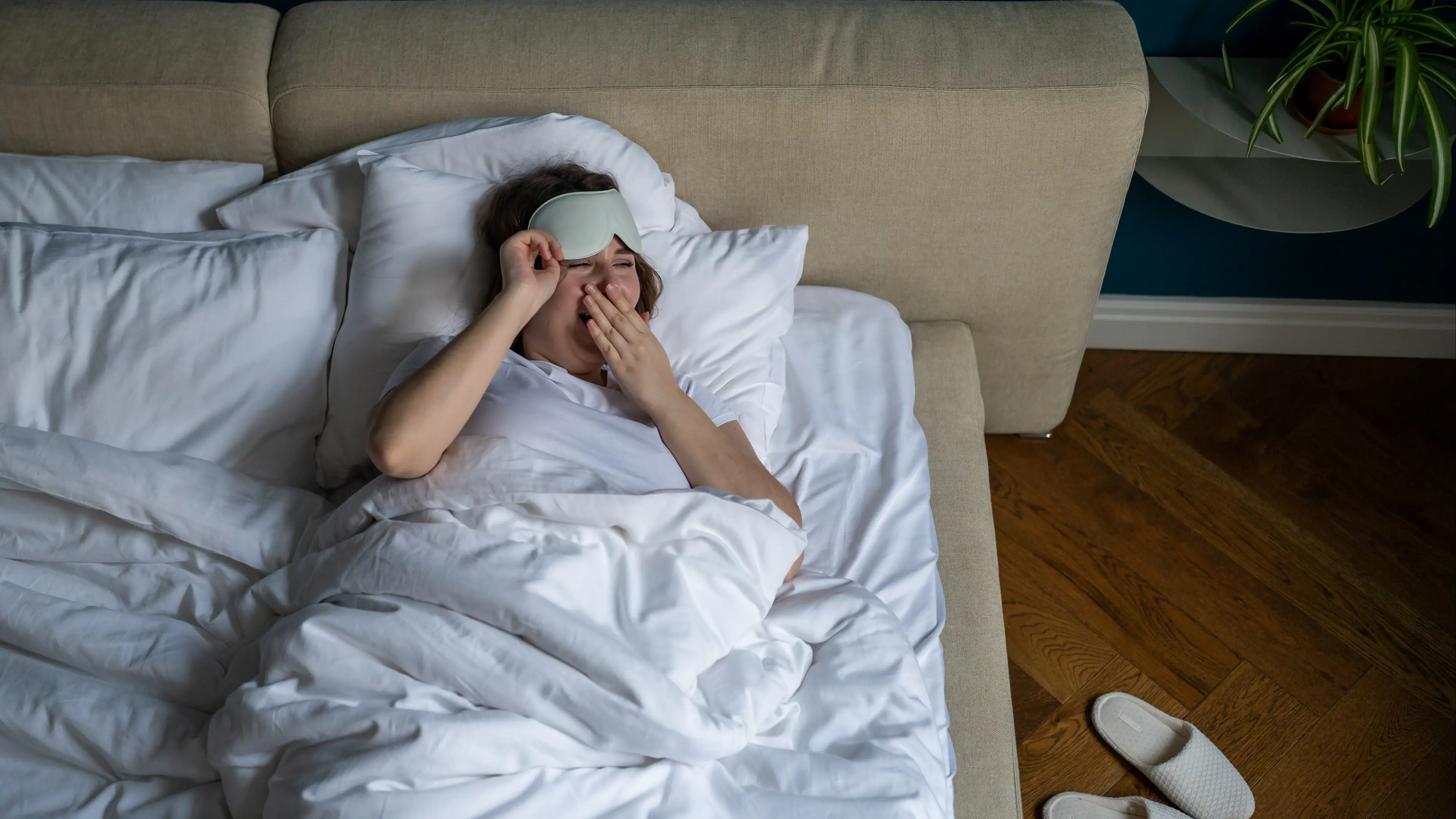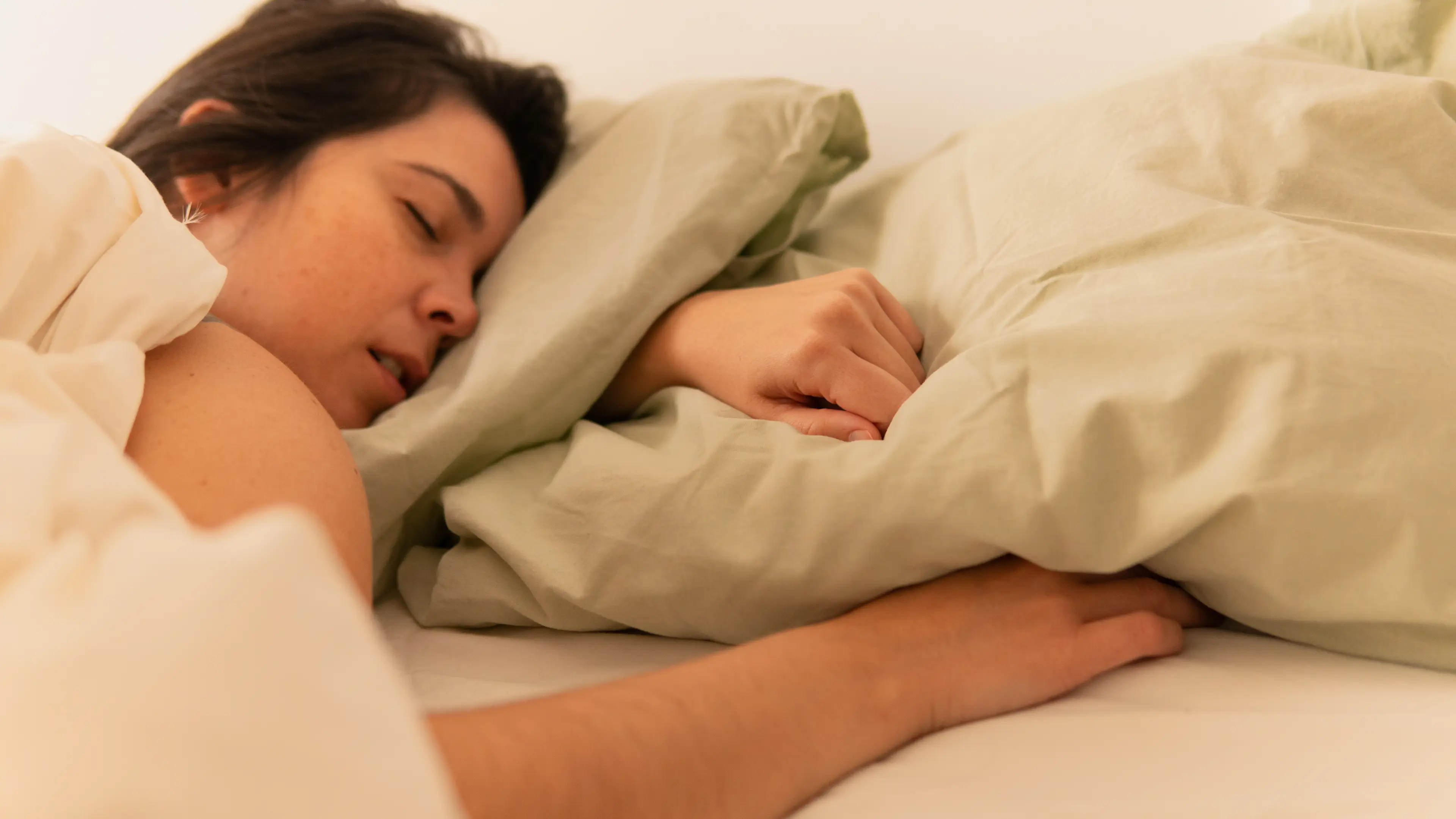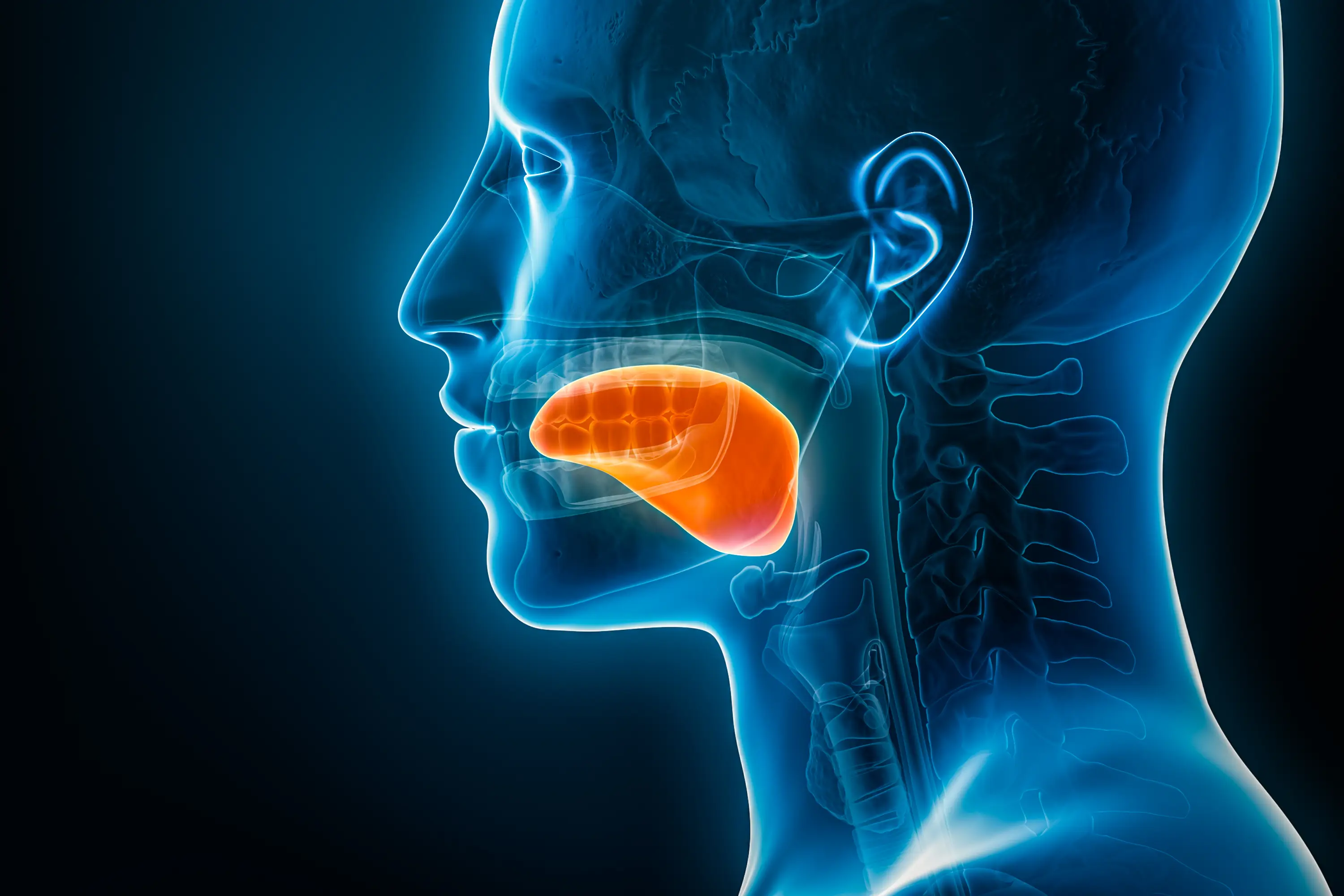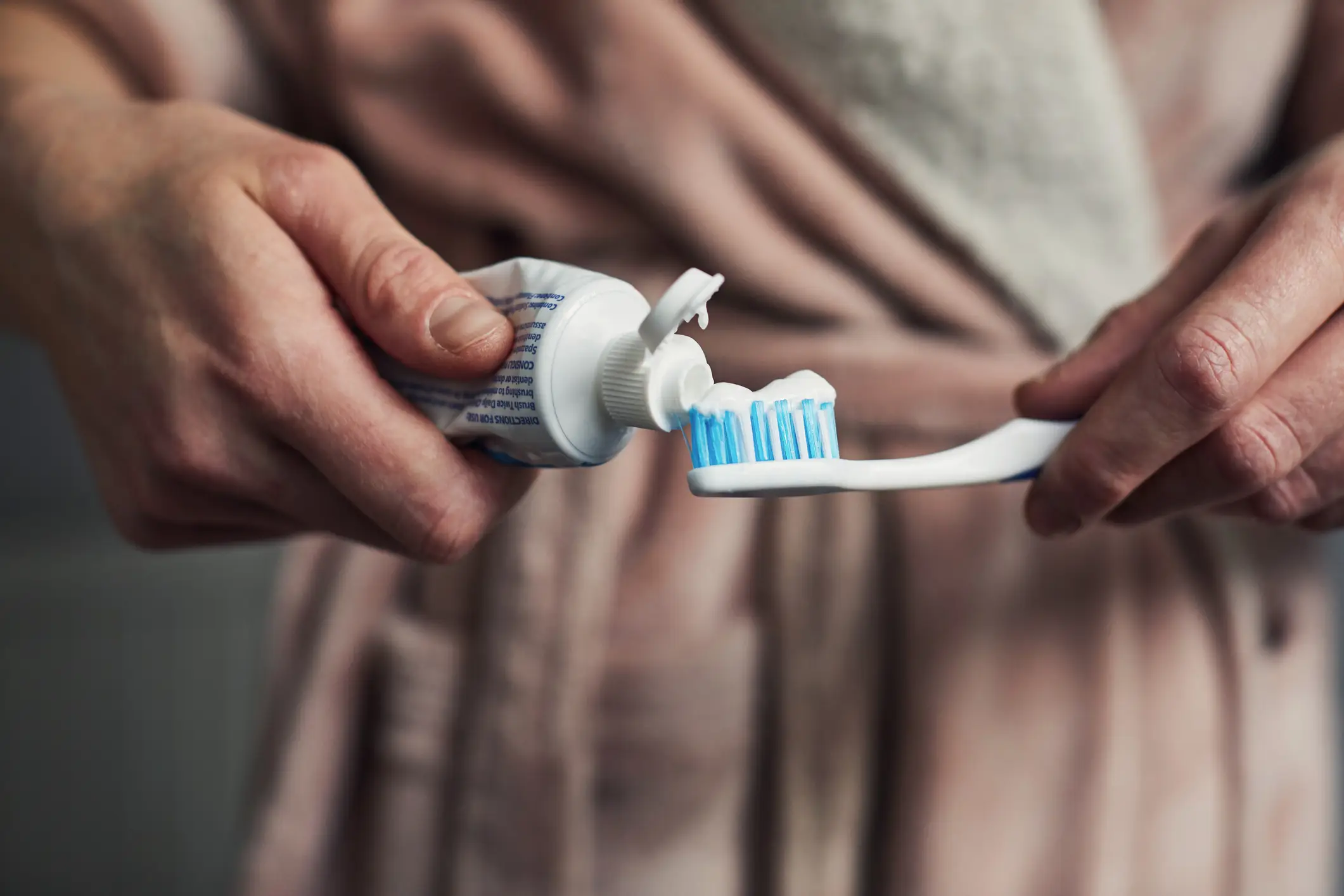
Topics: Health, Food and Drink
We've all been there: despite diligently brushing and flossing your teeth before bed, you wake up with a mouth that tastes like you've raided the bin in the night.
That's before realising you have the bed head from hell AND you drooled in your sleep. So very attractive.
Even worse is if you're sharing a bed with someone and you find you've woken up with the dreaded 'morning breath' too, to accompany the bad taste in your mouth.
If you find yourself dashing off to the bathroom to freshen up with mouthwash, or rinsing your mouth out with the ever-present bedside water bottle, a dentist has answered the questions we all want to know: why does the weird taste happen, and what can you do about it?
Advert
It turns out there could be a number of things causing it; some are harmless, whereas others could be of more concern.

Dentist Dr Sofina Ahmed told Metro that it can range from your saliva to how well or badly you slept, or even your sinuses.
She says that when we fall asleep, our production of saliva is decreased. If you tend to sleep on your back with your mouth open, or if you breathe only through your mouth, it ends up drying out.
This dryness and lack of saliva mean your mouth can't clean itself as normal, which causes bacteria to flourish, no matter how well you brush.
Dr Ahmed explains: "This paves the way to not only morning breath but also a bitter taste."
However, if you wake up with a salty flavour or a taste of blood in your mouth, it could be your sinuses to blame.
Whether it's an infection or an allergy, it can drip down into your throat while you sleep: "This mucus can carry bacteria, inflammation byproducts, even tiny traces of blood from irritated tissues. This often leads to the lingering salty and metallic taste," the dentist says.

How well you sleep can also cause problems.
If you stay up until the early hours scrolling on TikTok or talking to friends instead of catching up on well-earned sleep, it can impact many aspects of your health.
Dr Ahmed revealed that a terrible night's sleep can even 'distort how you perceive flavour’.
She said: "If you find that you wake with a dull taste in your mouth, snore, gasp when you sleep or feel like your sleep isn’t restorative, it may signal that your sleep is affecting your taste as well as your energy."
Severe sleep disturbances, like those caused by sleep apnoea (where people repeatedly stop breathing while they sleep), can cause people to lose sensitivity to various flavours.
So, what can you do about it?

Dr Ahmed recommends drinking water before bed and always keeping a glass by your bedside.
"A dry mouth increases a bad taste by letting bacteria proliferate. Ensure that you keep hydrated throughout the day."
Having sugar-free chewing gum before bed can also help to stimulate saliva production, and she also recommends tongue scraping.
"Brushing the tongue helps remove tongue coating (dead cells, debris, bacteria) shown to correlate strongly with bad morning taste."
Hopefully that bad taste in your mouth will be a thing of the past.